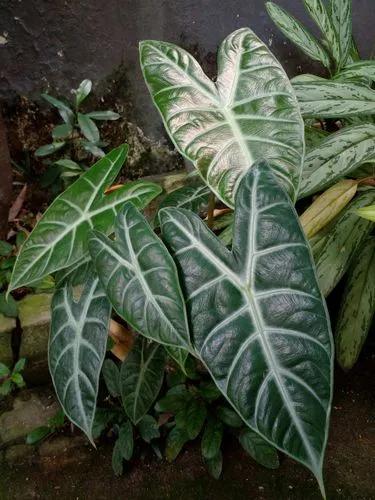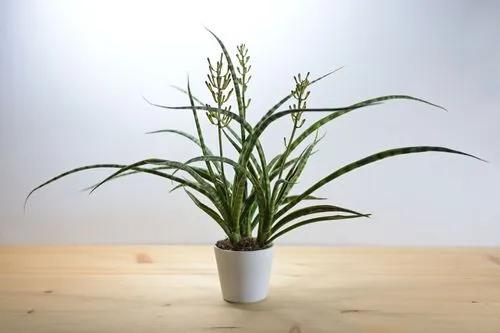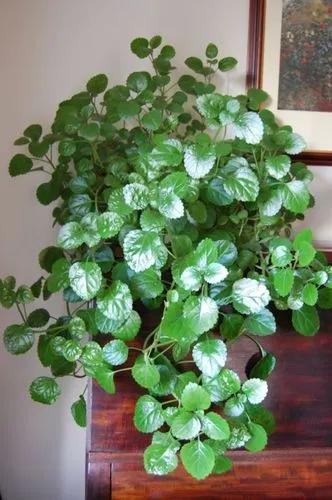Dasylirion texanum, the Texas sotol and sotol, is a monocot flowering plant with bright green, strap-like leaves with small, sharp teeth line the leaf edges that form a large growing rosette. Tall narrow flower spikes appear in early summer.
Texas sotol Care
Dasylirion texanum



Texas sotol has light green leaves, a short trunk, and spectacular flower stalks from 9 to 15 feet tall. The slender individual leaves are under 1/2 inch wide and barely 3 feet long, spreading from a central trunk that is sometimes partially buried underground. It grows in arid, rocky limestone habitats in the Trans-Pecos, Edwards Plateau, and into Mexico. The dioecious flowers appear from May to August, attracting hummingbirds when they are mature. The leaves have dangerously sharp spines or teeth along their margins, so they must be planted away from pedestrian areas unless they are used for security barriers.
How to Care for the Plant

Water

In the garden, sotol is pretty self-sufficient but supplementary water is needed in hot, dry summers. Don`t water in winter.

Sunlight

Sotols require full sun to thrive.

Soil

These plants need a well-draining soil.

Temperature

These plants are best in the areas where winter temperatures stay above 50°F (10°C) but can survive short periods of freezing temperatures. They can be grown in containers and brought inside when the weather is cold.

Popularity

244 people already have this plant 25 people have added this plant to their wishlists
Discover more plants with the list below
Popular articles






